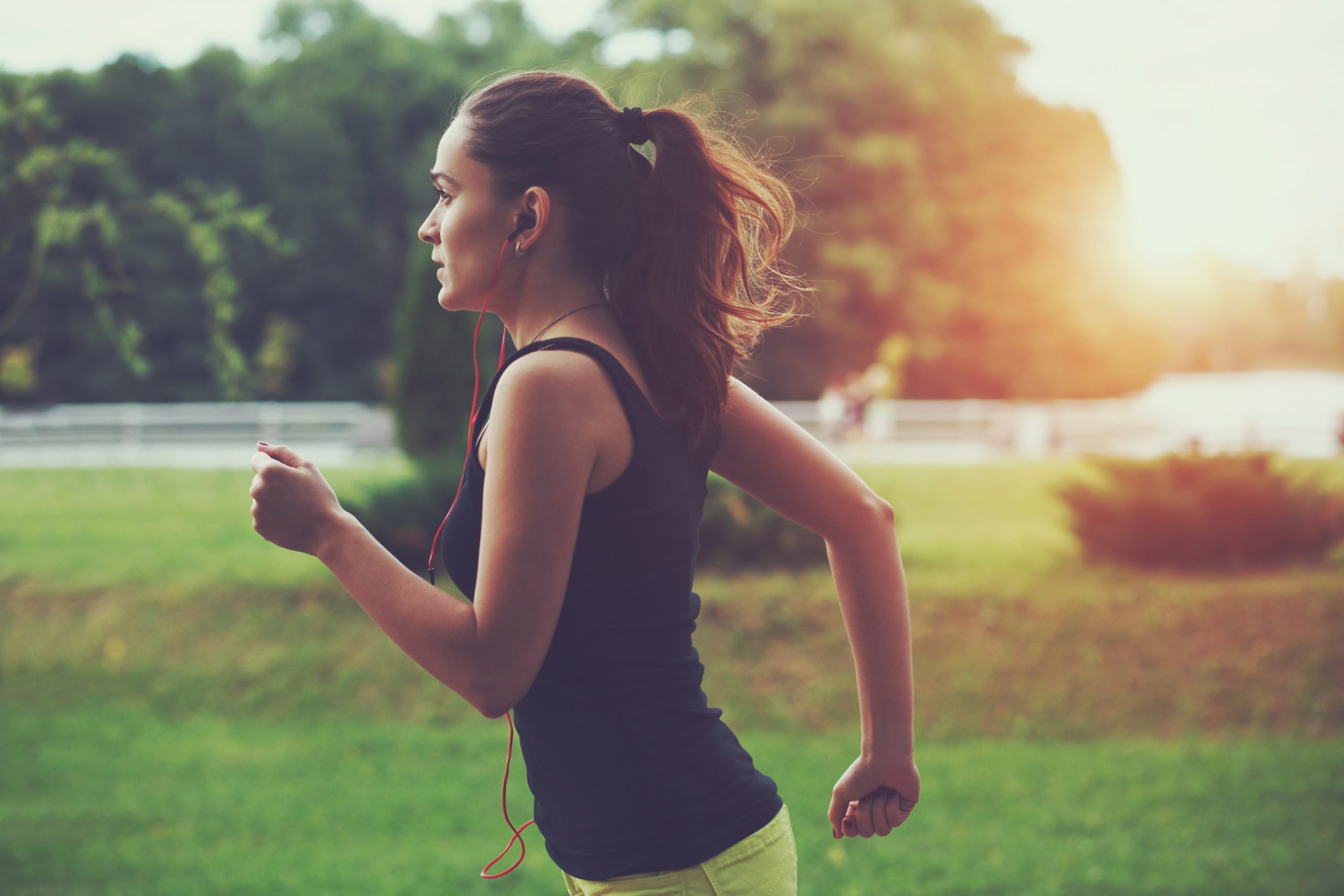It’s no secret that leading a healthy lifestyle is the key to a happy and fulfilled life. but with so many different pieces of advice out there, it can be hard to know where to start. That’s why we’ve compiled our top 50 lifestyle tips to help you on your way to a better life.
leading a healthy lifestyle isn’t all about diet and exercise. sure, those things are important, but there’s so much more to it than that. it’s about making small changes in all areas of your life, from your sleep habits to your relationships, that will add up to big results.
if you’re looking for some simple lifestyle tips that will make a big difference in your life, look no further. these 50 tips will help you boost your health, happiness, and overall wellbeing.
1. get enough sleep
Sleep is crucial for good health, yet many of us don’t get enough. aim for 7-8 hours per night and make sure to wind down before bed to help you fall asleep more easily.
2. eat healthy
Eating a nutritious diet is one of the most important things you can do for your health. focus on whole, unprocessed foods and make sure to include plenty of fruits, vegetables, and healthy fats in your diet.
3. be active
Physical activity is essential for good health. aim for at least 30 minutes of moderate exercise most days of the week. if you’re new to exercise, start with 10 minutes and gradually work your way up.
4. make time for yourself
It’s important to make time for yourself every day. even if it’s just a few minutes, carve out some time to do something that you enjoy, such as reading, writing, or taking a walk.
5. connect with loved ones
Spending time with loved ones is good for your mental and emotional health. make an effort to connect with family and friends on a regular basis, whether in person, by phone, or online.
6. manage stress
Chronic stress can take a toll on your health, so it’s important to find ways to manage it. try relaxation techniques such as yoga, meditation, or deep breathing.
7. stay hydrated
Drinking plenty of water is important for good health. aim for 8 glasses per day and more if you’re active or live in a hot climate.
8. eat breakfast
Eating breakfast is a great way to start your day and get your metabolism going. try to include protein, healthy fats, and fiber-rich foods in your breakfast to keep you full and energized throughout the morning.
9. take breaks
If you’re feeling overwhelmed or stressed, take a break. even a few minutes can make a difference. try to step away from your work or take a short walk outside.
10. limit screen time
Spending too much time looking at screens can be bad for your sleep, mental health, and physical health. try to limit your screen time to 2 hours or less per day.
11. get outside
Spending time outdoors is good for your physical and mental health. try to get outside for at least 30 minutes every day, especially if you can’t get outside often.
12. move your body
Physical activity is not only good for your health, but it can also help improve your mood. try to find ways to move your body throughout the day, such as taking a brisk walk or going for a run.
13. eat mindfully
Eating mindfully means being present and aware of what you’re eating. try to avoid distractions, such as television, while you’re eating and focus on your food.
14. reduce sugar
too much sugar can be bad for your health. try to limit your sugar intake to 6 teaspoons or less per day.
15. socialize
Having social interactions is crucial for good mental health. try to interact with others on a regular basis, whether in person or online.
16. take care of your skin
Your skin is your largest organ, so it’s important to take care of it. try to use natural, gentle products on your skin and avoid too much sun exposure.
17. get enough vitamin D
Vitamin D is essential for good health. you can get it from sunlight, food, and supplements. aim for at least 15 minutes of sun exposure per day and eat foods that are rich in vitamin D, such as salmon, eggs, and fortified milk.
18. reduce caffeine
Too much caffeine can be bad for your health. try to limit your caffeine intake to 400 mg per day.
19. floss
Flossing is an important part of oral care. try to floss at least once per day.
20. wear sunscreen
Wearing sunscreen is crucial for protecting your skin from the sun’s harmful rays. try to use a sunscreen with an SPF of 30 or higher and apply it generously.
21. reduce your exposure to toxins
There are many toxins in our environment, so it’s important to reduce your exposure to them. try to avoid using chemicals in your home and avoid exposure to air pollution.
22. eat less processed food
Processed foods are often high in sodium, sugar, and unhealthy fats. try to eat less processed food and more whole, unprocessed foods.
23. reduce your exposure to stress
Chronic stress can take a toll on your health. try to find ways to reduce your exposure to stress, such as meditation, yoga, or deep breathing.
24. get regular medical checkups
It’s important to get regular medical checkups, especially as you get older. these checkups can help catch any health problems early.
25. immunize yourself
Immunizations can help protect you from serious diseases. make sure you’re up-to-date on all your vaccinations.
26. quit smoking
Smoking is bad for your health. If you smoke, try to quit. There are many resources available to help you quit smoking.
27. eat less salt
Too much salt can be bad for your health. try to limit your salt intake to 2,300 mg per day.
28. get regular dental checkups
It’s important to see your dentist regularly for cleaning and checkups. these checkups can help catch any problems early.
29. practice safe sex
If you’re sexually active, it’s important to practice safe sex. use condoms to help reduce your risk of getting a sexually transmitted infection.
30.limit your alcohol intake
Drinking too much alcohol can be bad for your health. If you drink alcohol, try to limit your intake to 1 drink per day for women and 2 drinks per day for men.
31. eat more fiber
Fiber is important for good health. try to include more fiber-rich foods in your diet, such as fruits, vegetables, and whole grains.
32. regular exercise
Regular exercise is important for good health. aim for at least 30 minutes of moderate exercise most days of the week.
33. eat less saturated fat
Saturated fat can be bad for your health. try to limit your saturated fat intake to less than 7% of your total calories.
34. eat more unsaturated fat
Unsaturated fat can be good for your health. try to include more unsaturated fat in your diet, such as olive oil, nuts, and avocados.
35. reduce your exposure to chemicals
There are many chemicals in our environment, so it’s important to reduce your exposure to them. try to avoid using chemicals in your home and avoid exposure to air pollution.
36. breastfeed
If you’re a mother, breastfeeding is the best way to feed your baby. breastfeeding has many benefits for both you and your baby.
37. eat more fruits and vegetables
Fruits and vegetables are good for your health. try to eat at least 2 cups of fruits and 2 cups of vegetables per day.
38. get regular eye exams
It’s important to get regular eye exams, especially as you get older. these exams can help catch any problems early.
39. eat more fish
Fish is a good source of protein and omega-3 fatty acids. try to eat fish at least 2 times per week.
40. use less energy
Using less energy is good for the environment and can save you money. try to conserve energy by turning off lights when you’re not using them and using energy-efficient appliances.
41. eat less meat
Eating less meat is good for your health and the environment. try to eat meatless meals at least 2 times per week.
42. compost
Composting is a great way to reduce your waste and help the environment. try to compost your kitchen and yard waste.
43. reduce, reuse, recycle
Reducing, reusing, and recycling are great ways to help the environment. try to reduce your consumption, reuse items when possible, and recycle items that can’t be reused.
44. drive less
Driving less is good for the environment and can save you money. try to carpool, use public transportation, or ride your bike when possible.
45. use less water
Water is a precious resource, so it’s important to use it wisely. try to conserve water by fixing leaks, using less water when you brush your teeth, and watering your plants during the cooler hours of the day.
46. buy local
Buying local is good for the environment and the economy. try to buy local produce, meat, and dairy.
47. eat seasonally
Eating seasonally is good for your health and the environment. try to eat fruits and vegetables that are in season.
48. grow your own food
Growing your own food is a great way to save money and eat healthy. try to grow your own fruits, vegetables, and herbs.
49. support your community
Supporting your community is good for the environment and the economy. try to shop at local businesses, participate in community events, and volunteer.
50. be kind to yourself
It’s important to be kind to yourself and others. try to practice self-compassion and extend compassion to those around you.




